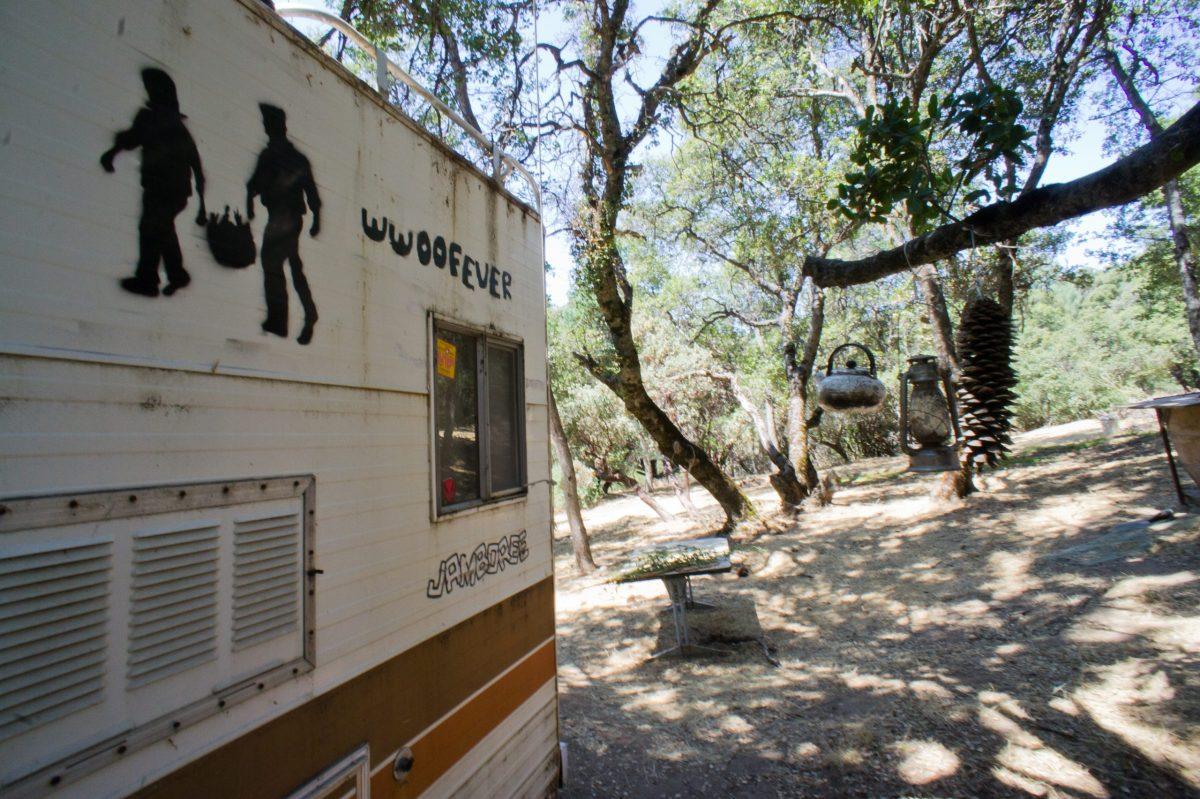WORKING ABROAD—
In May, a new sea of graduates will flood into the job market and the world outside of the Wofford bubble. Outside of the nine-to-five job, recent grads can take a less traditional route and approach to employment by seeking temporary positions that focus on cultural and educational enrichment rather than earning a large salary. Both domestic and abroad, these opportunities are open to students who take initiative to seek them out and to those who are willing to work in exchange for an experience.
Au Pair
Aux Pairs, meaning “mutual exchange” in French, are domestic workers in foreign countries. The Au Pair assists a family with childcare and basic housework, and in return they’re provided housing, meals and pocket money for spending under most arrangements.
Au Pair programs are available throughout Europe for non-EU citizens, as well as in Australia and New Zealand, and most have a language-learning focus in which the Au Pair takes a language class in addition to their work. Websites such as Au Pair World match potential candidates with host families, and each family determines the length of the Au Pair’s contract as well as limitations on housing and weekend travel.
Workaway
In a similar fashion, Workaway connects young people who want to work abroad with host families in exchange for meals and housing. Tasks can range from working as a carpenter to making olive oil and wine, and most arrangements include shared housework.
Hosts list their specific needs online, and Workaway candidates apply for the positions they want. Again, the hosts and the graduate arrange the length of the stay and the conditions for work, though the typical model is five hours a day for five days a week before or until the work is complete.
World Wide Opportunities on Organic Farms
WWOOF is an organization that networks organic farms with volunteers looking for room and board in exchange for four to six hours of work per day. Some countries have national WWOOF organizations while others have independent farmers seeking work.
These organic farms are located all over the world, and placement depends purely on the volunteer’s preferences. The length of stay is determined by the volunteer and the farm, but it can range from a few days to six months.
Peacecorp
Peacecorp links volunteers with communities around the world to solve their most significant issues. Volunteers work in agriculture, youth development, environment preservation, community and economic development, health care and education. Volunteers can also customize their service based on the community’s needs.
Peacecorp also offers a graduate program, Master’s International, in which graduates pair their volunteering with their academic work. Volunteers typically complete one full year of coursework, then two years working abroad while developing an academic project. They then return to their chosen school for their final year to receive their master’s degree.
Americorp
Like Peacecorp but based in America, Americorp places volunteers in high-need areas based on a volunteer’s skill set and interests. Different branches of Americrop serve different needs, such as Americorp VISTA, which focuses on poverty, and Americorp NCCC, which focuses on community development.






























